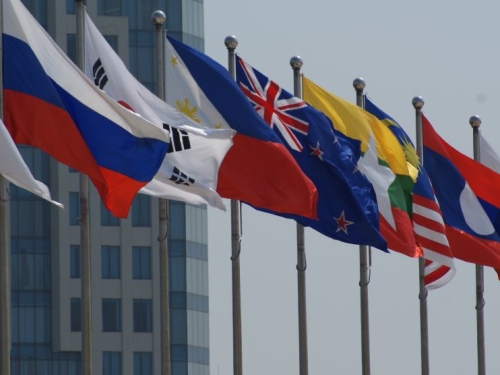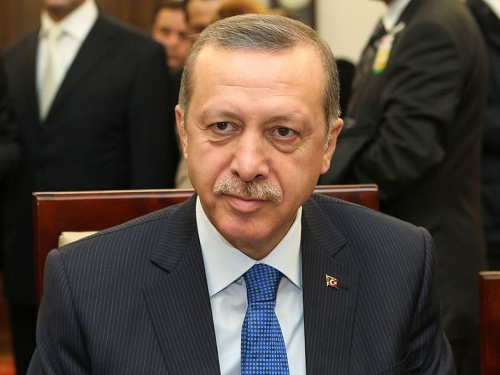
This article was originally published by the East Asia Forum on 3 November, 2014.
Regional economic cooperation in Asia and across the Pacific was developed around the idea of open regionalism and building the capacity for regional development in the global, multilateral trading system. Global institutions — the GATT and then the WTO — underpinned Asia’s confidence in deeper integration into the international economy and successful trade and industrial transformation through trade, economic reform and multilateral or unilateral liberalisation. No countries collectively have more at stake in global institutions for their economic and political security than the countries of the Asia Pacific region.




